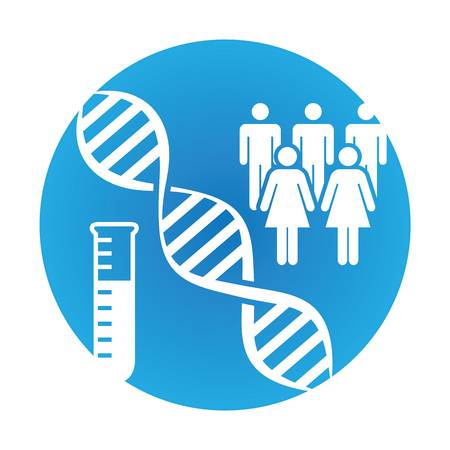Aggregated News

Many describe the move from bench to bedside (from basic science to therapeutic or preventive applications) as a sprint – a short quick race. Others suggest that the race (such as it is) is more like hurdles given the many obstacles that must be overcome. Still others prefer to think of the scientific endeavour as a shuttle hurdles relay – a race that requires a team effort. There is competition, but also collaborative ambition. And finally, there are some for whom science is more like a marathon (perhaps, a marathon with hurdles and teammates).
In my book Altered Inheritance: CRISPR and the ethics of human genome editing I suggest that science is like orienteering. It is an endurance sport; it can be an individual competition, a team relay or a marathon event:
[T]he runners have to maneuver around obstacles while navigating difficult and unmarked terrain. Along the way, choices have to be made—take the shorter distance with hills, streams, marshes, boulders, ditches, fences, and wildebeests, or take the longer winding road with fewer obstacles—all the while keeping in mind the...



